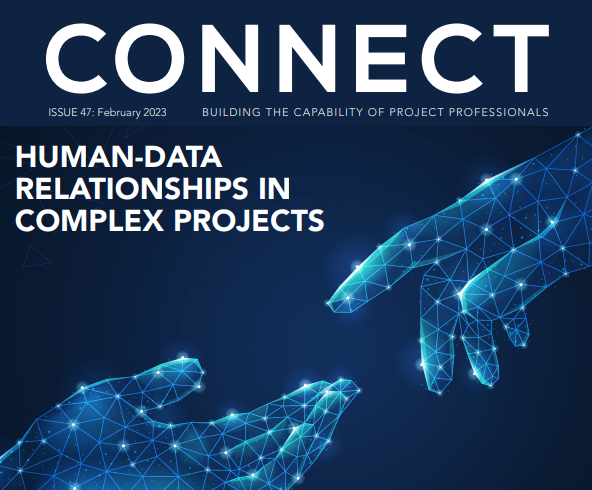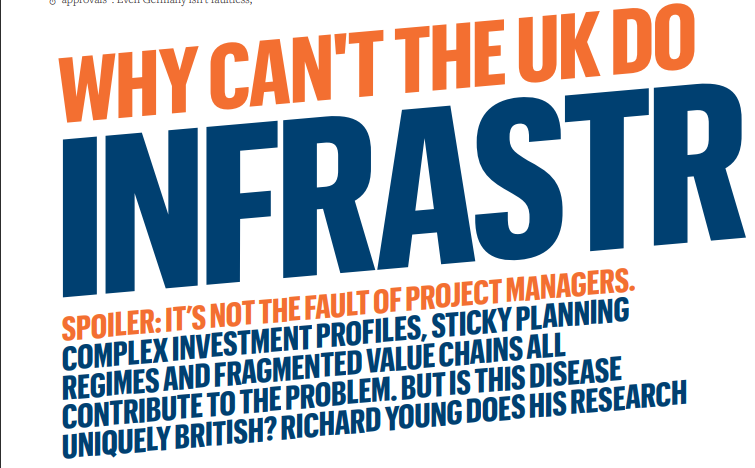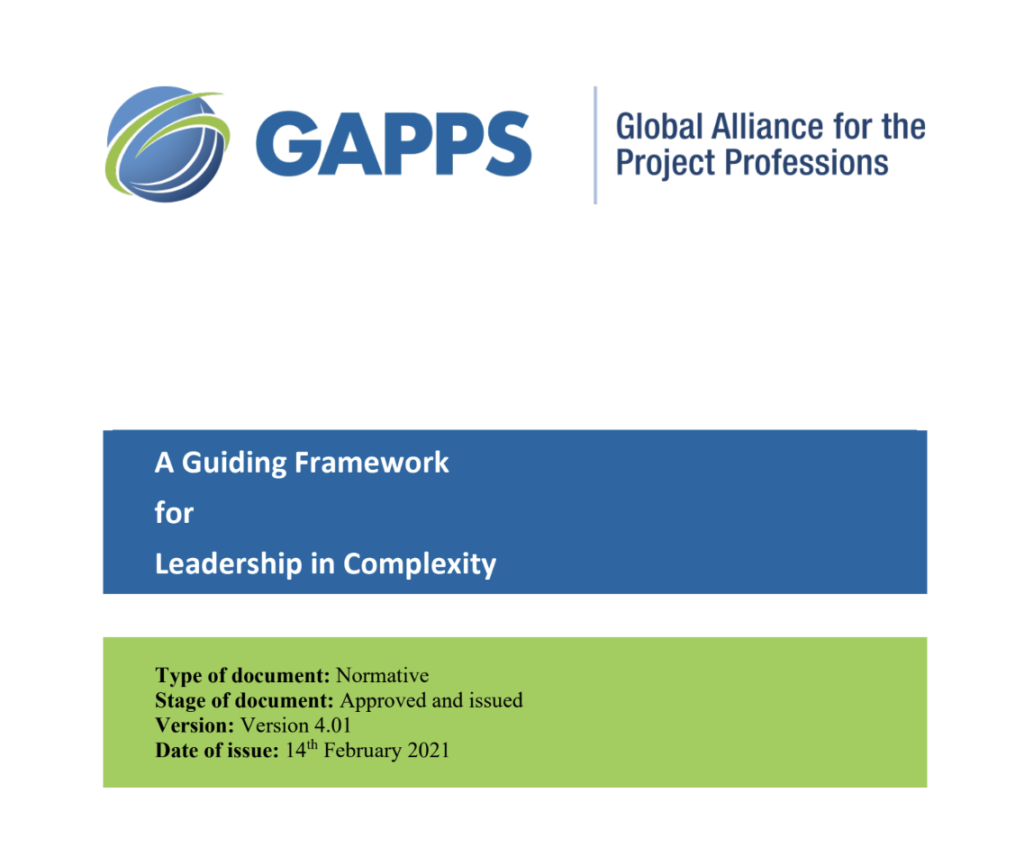
The Evolution Of Major Infrastructure Projects: The US vs China
How do two of the most ambitious #infrastructure undertakings in history compare - across decades, continents and purpose? My new article titled "The Evolution of Major Infrastructure Projects – The US vs China" has now been published by the Major Projects Association. It delves into the evolution of infrastructure projects; a comparative analysis of two infrastructure #megaprojects, spanning over half a century and continents, reveals their multifaceted roles beyond transportation. This article explores the evolution of major infrastructure projects through the lens of: 🔸 The US Interstate Highway System (1956) 🔸 China’s Belt and Road Initiative (2013–)
As a guest columnist for Nigeria's prime national newspaper This Day, Tunde goes into detail to explain what the recent Africa's Development Bank presidential election meant for Africa in terms of current challenges both financial and geopolitical and above all; the risk of making the wrong choice in whom Africa elected. As Tunde points out, development is for all of us and as a continent our strategy for development is only as effective as the leadership available to drive it. As a Nigerian, he lent his voice because he strongly believed that Africa's financial future hinged on who Nigeria chose at the time to support as President.


Lagos – Calabar coastal highway: How not to repeat the Lagos-Ibadan expressway saga
In this article, Tunde cross examines two road megaprojects in Nigeria, one recently started in 2024 and the other still ongoing since 1978. He discusses critical areas the Nigerian government can engage with the arrays of interests and stakeholders to avoid repeating previous mistakes with a project of such size and complexity.
Amid rising debt, will infrastructure plans fly?
In this article Tunde discusses NIgeria's impending crisis of rising debt, insecurity and dwindling revenue and how this impacts the country’s ambitious plans of expanding its ailing infrastructure. With Nigeria being Africa’s largest economy, it still struggles to provide basic infrastructure for its rising population. Though several government administrations have planned big towards infrastructure since independence, they have all fallen prey to the shadow that comes with planning big; complexity. Like a shadow trailing an object under light, complexity accompanies any major infrastructure plan.

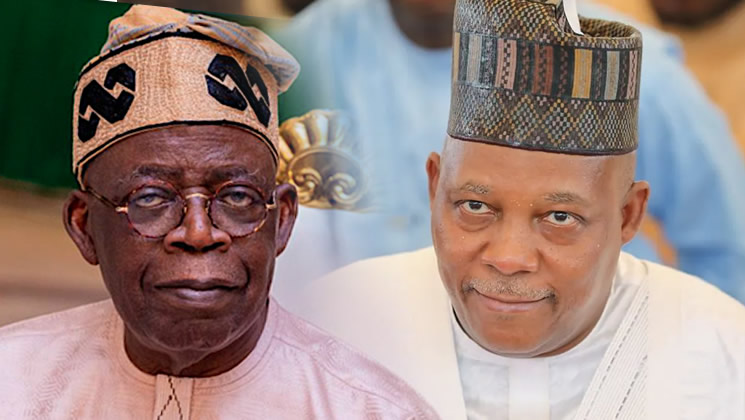
Challenges Nigerians Want New Leaders to Solve
Here, Tunde writes an open letter to the nascent administration of Nigeria’s President Bola Tinubu. He delves into the pressing challenges in Nigeria, advocating for transformative leadership to overhaul the education sector. He emphasised the need for the new leaders to prioritise quality education, infrastructure and access, aligning with the aspirations of the Nigerian populace.
African megaprojects: What a prematurely commissioned refinery means for post-subsidy Nigeria
In his article, Tunde discusses the implications of a prematurely commissioned Dangote refinery for Nigeria’s economy post-fuel subsidy era. The refinery, Africa’s largest and privately owned, is expected to alleviate Nigeria’s reliance on imported petroleum products but faced delays. Further pointing out the complexities of megaprojects in Africa, Tunde notes that while such initiatives promise transformation, operational readiness must align with announced plans to avoid economic disruptions. He emphasises the need for transparency in project completion to manage public expectations effectively.


Harnessing global capital for Nigeria’s infrastructure recovery
In this article, Tunde sheds some light on why investing heavily in infrastructure could be one of the ways Nigeria's government can restore economic stability that could buoy recovery, growth and long-term development. Tunde suggests if the Nigerian government balances fiscal responsibility with innovative financing, Nigeria can possibly aim to bridge its infrastructure gap while laying the groundwork for sustainable economic growth.
In this article Tunde examines the infrastructure challenges and opportunities arising in Nigeria during a period of unprecedented growth and economic expansion. He further undertakes a detailed review of different infrastructure sectors identifying particular sectoral challenges and common cross-cutting themes. In conclusion, Tunde calls for an urgent re-examination of a wider range of infrastructure delivery models, including public-private partnerships, in order to leverage developments in innovation and learn from experiences elsewhere in the world.
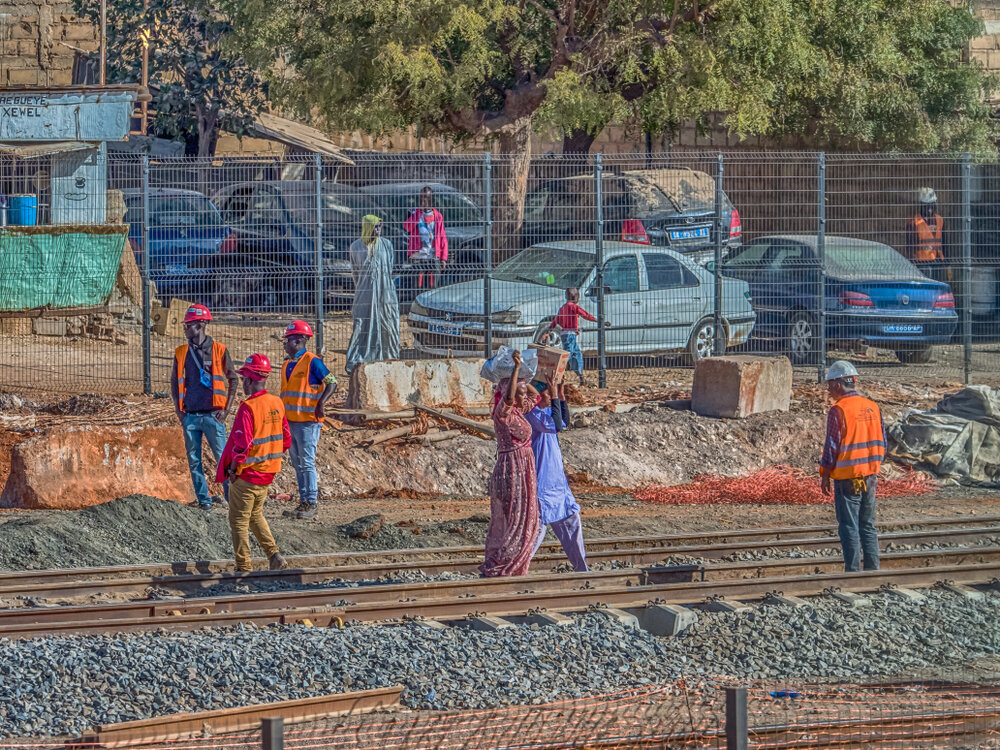

Tunde draws parallels between the biblical quartet of destruction—conquest, war, famine and death—with four mental models that stifle good project leadership. He outlines the critical roles of vision, execution, stakeholder engagement and adaptability in successful project leadership.
Tunde explores the paradox of megaprojects, where increased size and complexity often lead to higher risks of failure. He offers strategies for managing complexity, emphasizing the importance of flexibility, robust planning, and continuous learning.


In this article, Tunde explores the importance of an outcome-based approach in the management of complex projects. He argues that by focusing on desired outcomes rather than outputs alone, project leaders can better navigate the complexities inherent in large-scale projects. He provides a comprehensive analysis of the strategies and methodologies that can be employed to ensure projects not only meet but exceed their intended goals.
Tunde explores the paradox of megaprojects, where increased size and complexity often lead to higher risks of failure. He offers strategies for managing complexity, emphasizing the importance of flexibility, robust planning, and continuous learning.


Tunde discusses the evolving expectations and characteristics of leadership within project-based organisations. Highlighting the shift towards ethical practices, self-awareness and the ability to inspire and develop teams, this article outlines six key elements of successful modern leadership. It emphasizes the importance of role modeling, inspiring others, developing people, setting expectations, fostering team discussions and efficient communication. He also explores the challenges and necessities of leading oneself, leading teams and leading at scale, stressing that effective leadership begins with self-leadership and the courage to embark on a personal journey of development.

